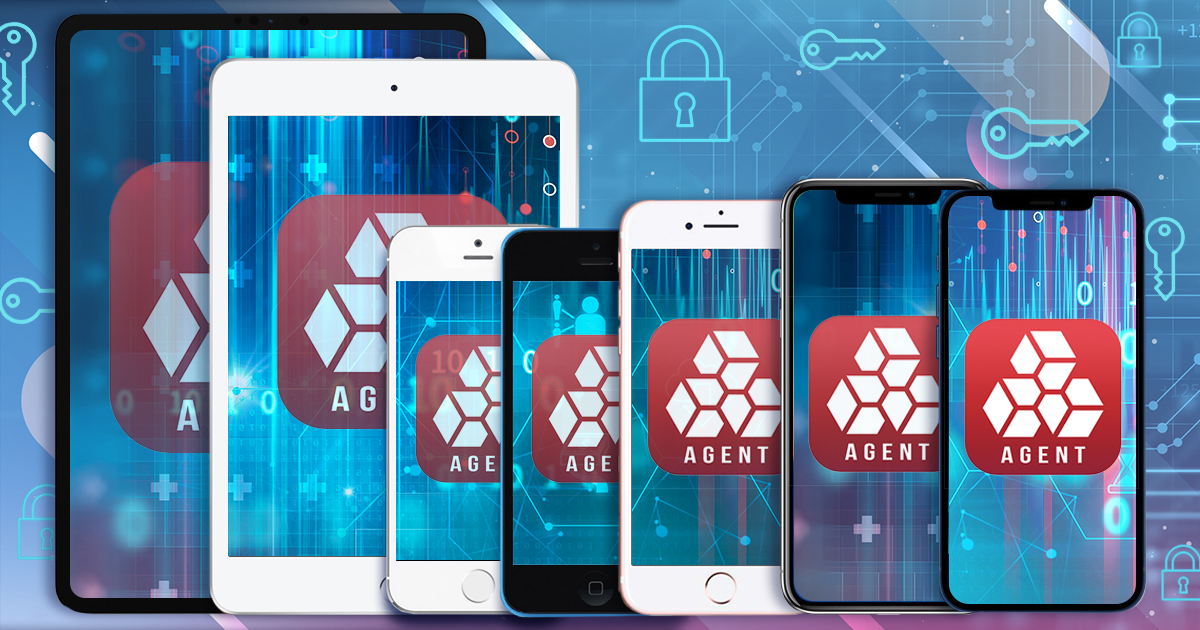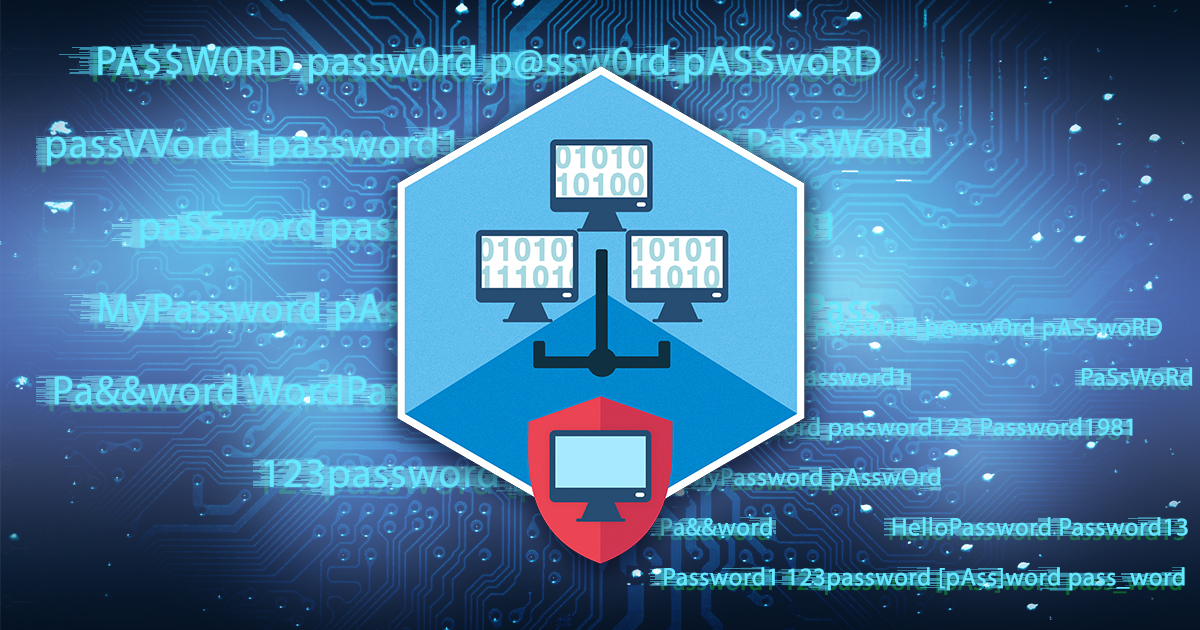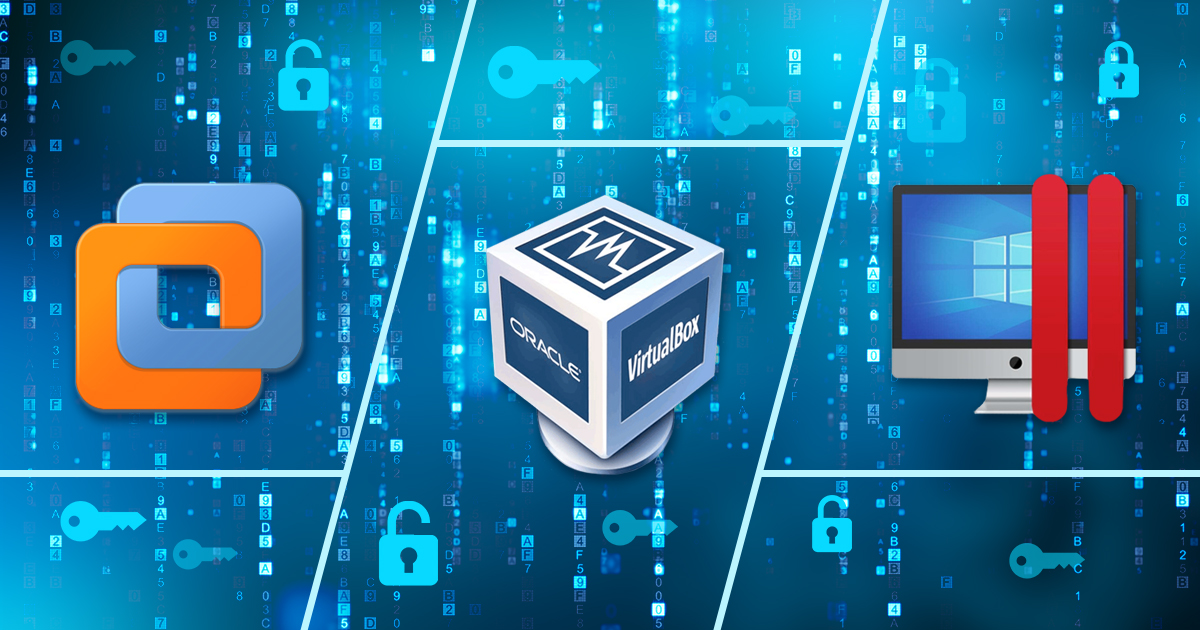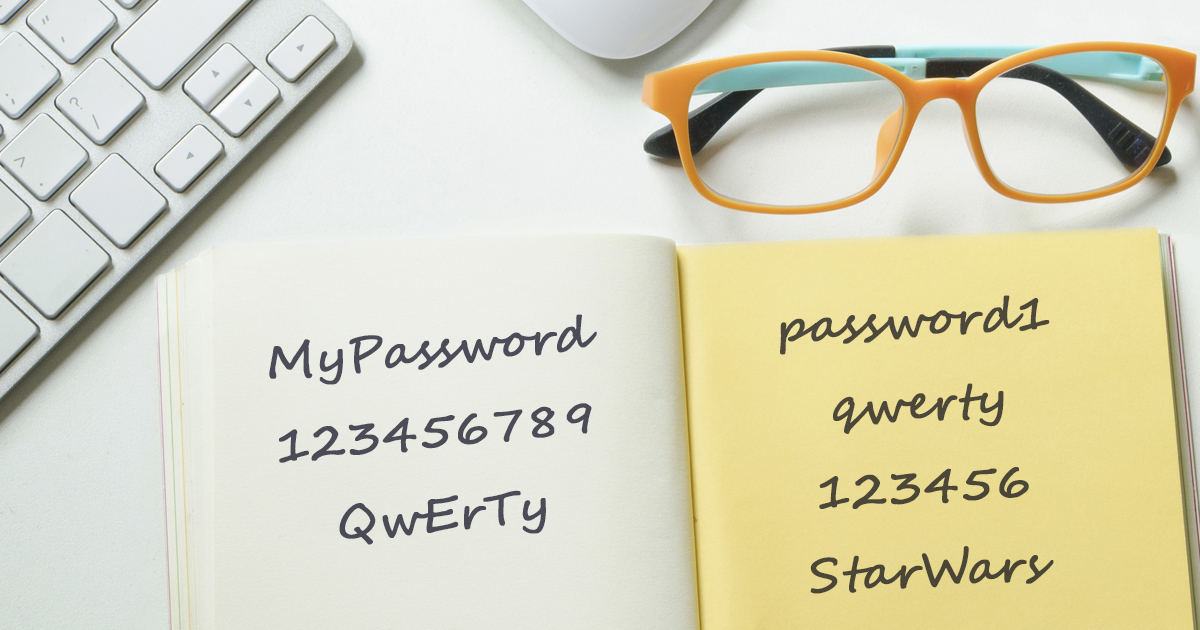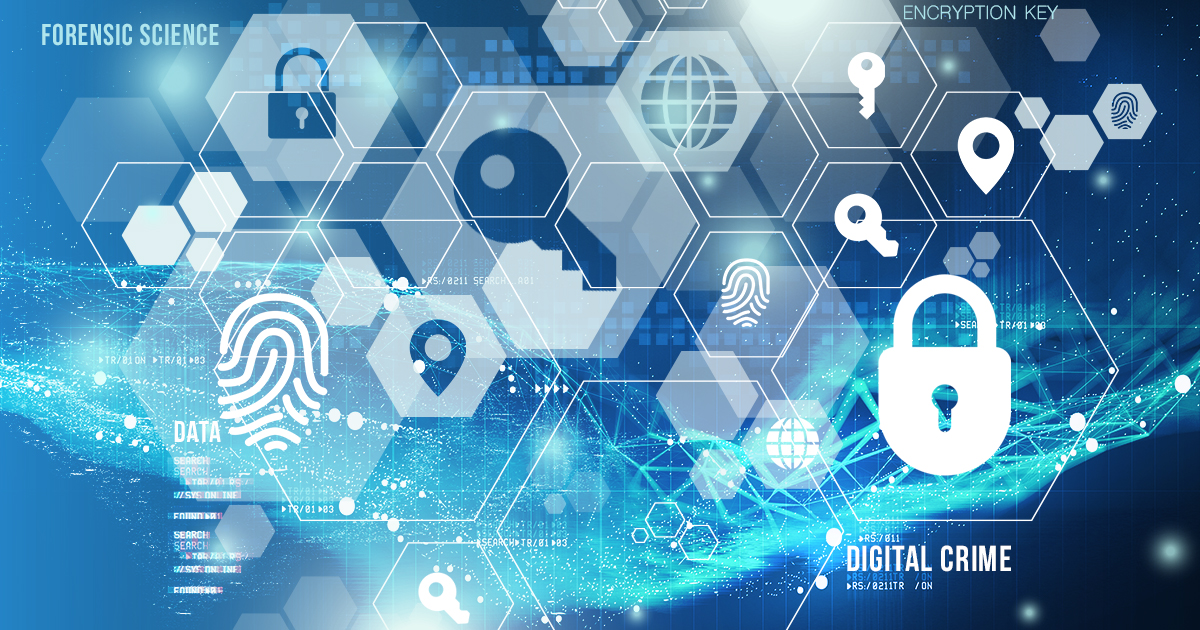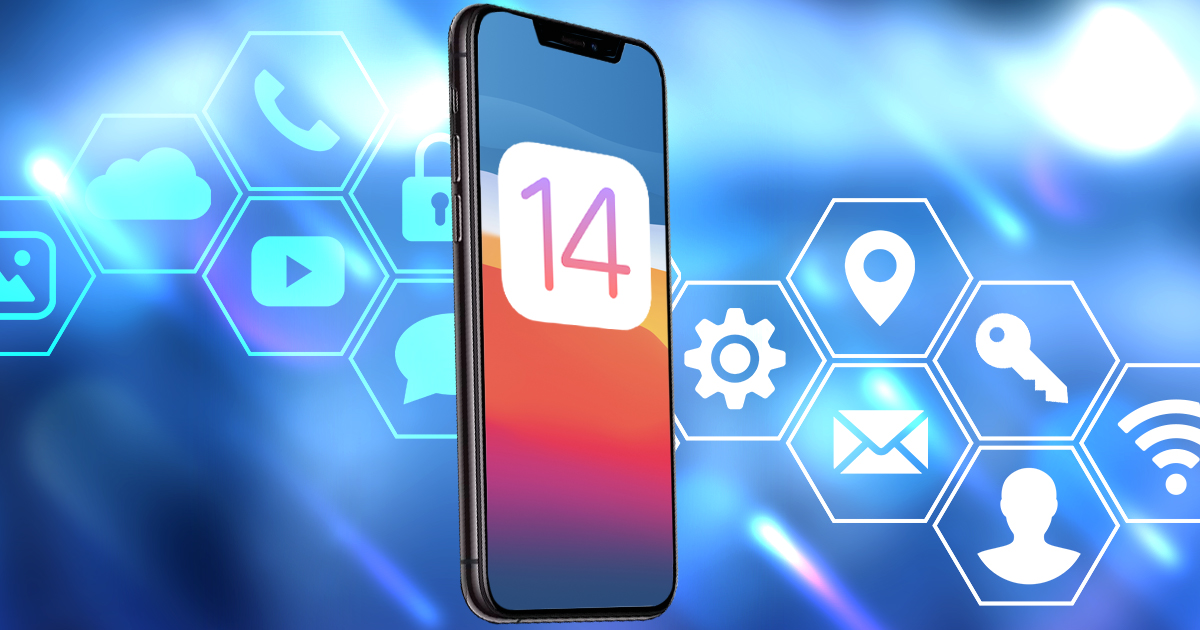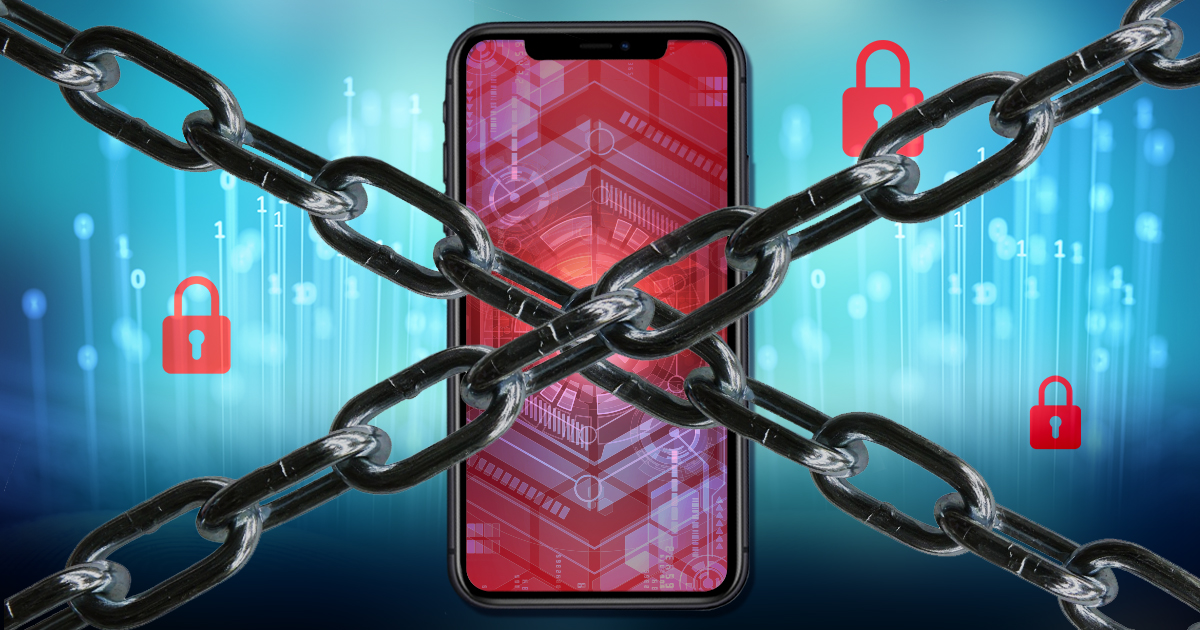October 9th, 2020 by Kevin Mitnick
The year was 2008, and I had been staying at a hotel in Bogota. This trip was just one of many to Columbia that year. Before my trip, I’d had my former girlfriend, Darci, stop by and help me swap out the hard drive in my MacBook Pro laptop. Remember, this is 2008, and at the time, replacing a drive in a MacBook Pro wasn’t nearly as easy as replacing hard drives these days. Darci swapped out my original hard drive with a brand-new drive, which I then formatted and installed macOS. I had her swap the drive out for security reasons. I didn’t want to cross the border into a foreign country with all of my client data. Especially not after what happened to me in Atlanta! But we’ll get to that later.
Read the rest of this entry »


